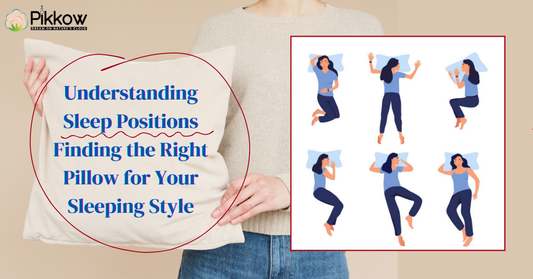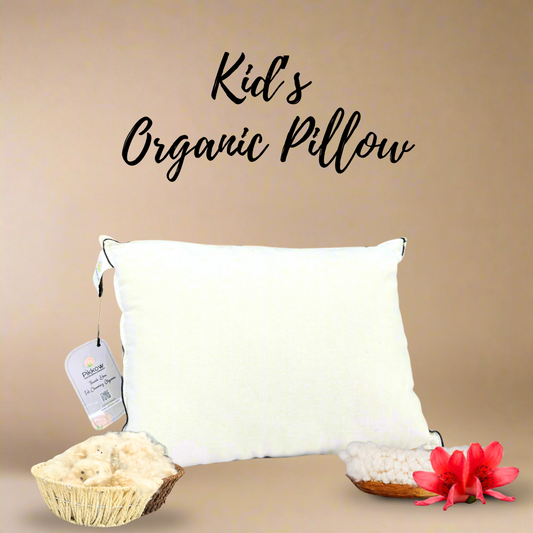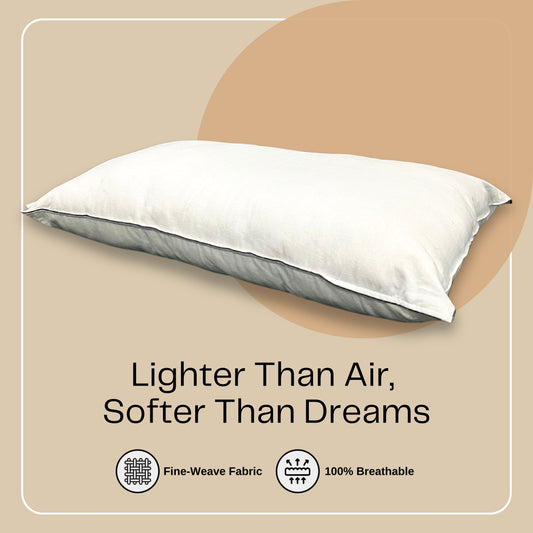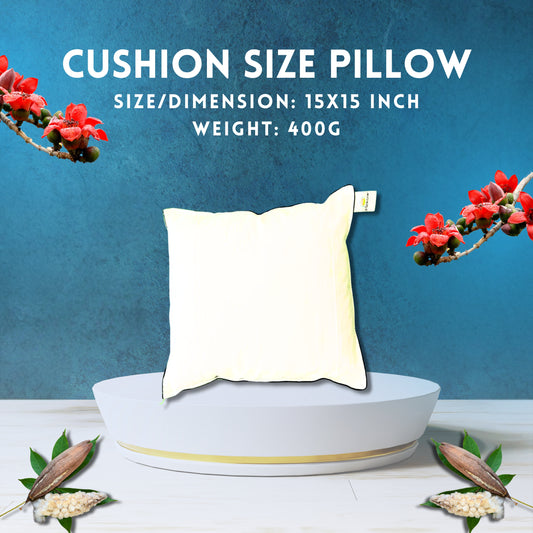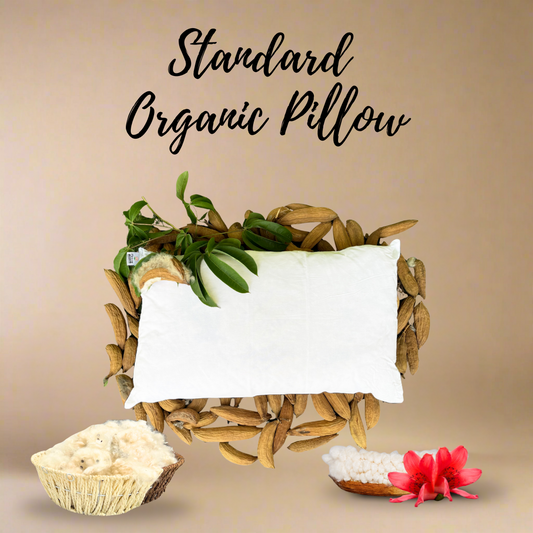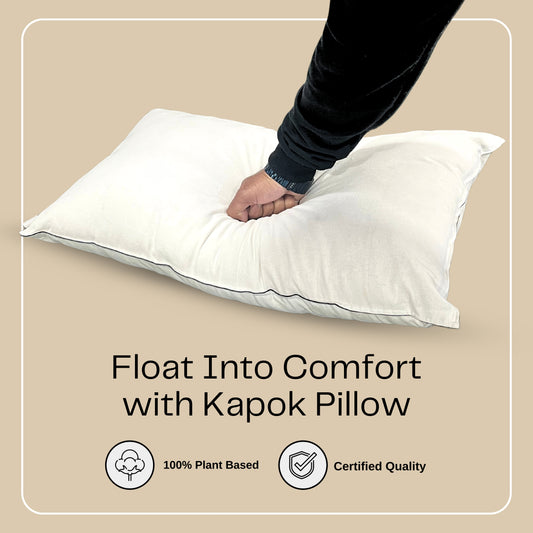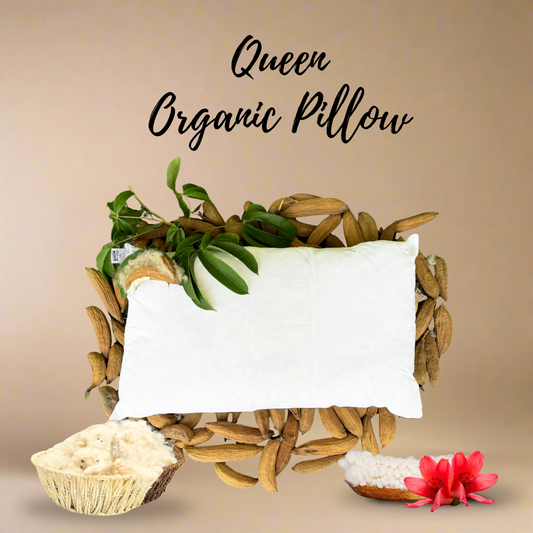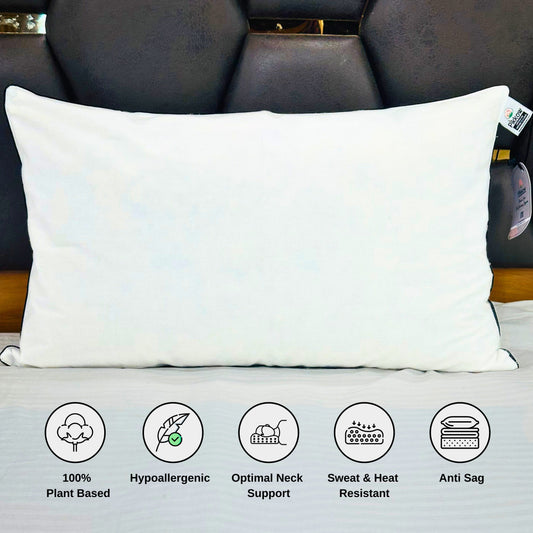Getting a good night's sleep is crucial for overall health and well-being. However, achieving quality rest goes beyond just going to bed on time. The right mattress, pillow, and bedding can significantly impact your sleep quality. In this blog, we will explore quality sleep tips and good quality sleep tips to help you choose the ideal mattress, pillow, and bedding for a restful night.
Understanding the Importance of Quality Sleep
Before diving into the specifics of choosing the right sleep essentials, it’s essential to understand why quality sleep matters. Poor sleep can lead to various health issues, including weight gain, weakened immunity, and reduced cognitive function. In contrast, good quality sleep improves mood, enhances memory, and boosts overall health. Therefore, investing in the right sleep products is a step towards better health.
Quality Sleep Tips for Choosing the Ideal Mattress
Determine Your Sleep PositionOne of the key quality sleep tips when selecting a mattress is to consider your sleep position. Side sleepers often benefit from a softer mattress that cushions the shoulders and hips, while back and stomach sleepers usually need a firmer surface to support their spine.
Assess the Mattress Material
There are various mattress materials available, each with its own set of advantages. Memory foam offers excellent contouring and pressure relief, while innerspring mattresses provide good support and breathability. Latex mattresses are renowned for their durability and inherent resistance to allergens. Hybrid mattresses combine multiple materials to deliver the benefits of each.
Consider Firmness Level
Choosing the right firmness level is critical for comfort and support. A mattress that is too soft may lead to poor spine alignment, while one that is too firm can cause pressure points. Many experts suggest a medium-firm mattress as a good compromise, but personal preference plays a significant role.
Check for Durability and Warranty
Investing in a durable mattress ensures long-term comfort and value. Look for mattresses with high-density foams or quality coils that resist sagging over time. Additionally, a good warranty can protect your investment and provide peace of mind.
Test the Mattress
Whenever possible, test the mattress before purchasing. Many retailers offer trial periods that allow you to sleep on the mattress for a few weeks to determine if it meets your needs. This is one of the most practical good quality sleep tips to ensure you’re making the right choice.
Quality Sleep Tips for Choosing the Ideal Pillow
Match Your Pillow to Your Sleep PositionJust as with mattresses, your sleep position influences the type of ideal pillow you need. Side sleepers generally need a thicker pillow to fill the gap between their neck and the mattress, while back sleepers require a medium-thickness pillow to support their head without pushing it forward. Stomach sleepers should opt for a thin, soft pillow to prevent neck strain.
Choose the Right Pillow Fill
Pillow fills come in various materials, including memory foam, latex, down, and synthetic fibres. Memory foam pillows offer excellent support and contouring, while down pillows are soft and luxurious. Latex pillows are durable and hypoallergenic, making them suitable for allergy sufferers. Synthetic fills are typically more affordable and easier to care for.
Consider Pillow Loft
The loft, or height, of the pillow, affects your neck alignment. High-loft pillows are best for side sleepers, medium-loft for back sleepers, and low-loft for stomach sleepers. Ensuring the right loft is one of the key quality sleep tips for maintaining proper spinal alignment and comfort.
Check for Adjustability
Some pillows offer adjustable fills, allowing you to customise the loft and firmness to your preference. This feature can be particularly beneficial for finding the perfect balance of comfort and support.
Evaluate Pillow Durability
Like mattresses, pillows should be durable to provide consistent support over time. Look for high-quality materials and well-constructed designs. Regularly replacing your pillow, approximately every 1-2 years, is also one of the good quality sleep tips to maintain optimal sleep conditions.
Quality Sleep Tips for Choosing the Ideal Bedding
Select the Right Fabric
The fabric of your bedding significantly influences your sleep quality. Natural fibres like cotton, linen, and bamboo are breathable and moisture-wicking, helping to regulate your body temperature throughout the night. Synthetic materials, while often more affordable, can trap heat and cause discomfort.
Consider Thread Count and Weave
While thread count is often highlighted, it’s not the only factor in determining sheet quality. A higher thread count typically means softer and more durable sheets, but the weave also matters. Percale weaves offer a crisp and breathable texture, whereas sateen weaves provide a smooth and lustrous feel. Choosing the right combination is one of the essential quality sleep tips for bedding.
Choose the Right Blanket and Comforter
The weight and warmth of your blanket or comforter should match your personal comfort preferences and the climate you live in. Lightweight options are ideal for warmer climates, while heavier, insulating materials like down are better suited for colder environments.
Invest in a Mattress Protector
A mattress protector can prolong your mattress's lifespan by protecting it from spills, stains, and allergens. Opt for a protector that is breathable and waterproof for the best results.
Regularly Wash Your Bedding
Maintaining clean bedding is crucial for a healthy sleep environment. Washing your sheets, pillowcases, and blankets regularly helps remove dust mites, sweat, and other allergens. This is one of the simplest good quality sleep tips to enhance your sleep hygiene.
Creating a Sleep-Conducive Environment
Beyond choosing the right mattress, pillow, and bedding, creating a sleep-conducive environment is essential. Here are some additional quality sleep tips:
Maintain a Cool, Dark, and Quiet BedroomYour bedroom environment significantly impacts your sleep quality. Keep the room cool, dark, and quiet to promote better rest.Consider using blackout curtains, white noise machines, or earplugs if needed.
Establish a Sleep Routine
Going to bed and waking up at the same time each day helps regulate your body’s internal clock. Consistency is key for achieving good quality sleep.
Limit Screen Time Before Bed
Exposure to screens before bedtime can interfere with your sleep. The blue light from phones, tablets, and computers can interfere with your circadian rhythm. One of the most effective good quality sleep tips is to avoid screens at least an hour before bed.
Practice Relaxation Techniques
Incorporating relaxation techniques like deep breathing, meditation, or gentle stretching before bed can help calm your mind and prepare your body for sleep.
Avoid Heavy Meals and Caffeine
Eating heavy meals or consuming caffeine close to bedtime can disrupt your sleep. Opt for light snacks if you’re hungry and limit caffeine intake in the afternoon and evening.
Conclusion
Achieving a restful night’s sleep involves more than just going to bed early. By following these quality sleep tips and good quality sleep tips for selecting the ideal mattress, pillow, and bedding, you can create a sleep environment that promotes better rest and overall health. Investing in the right sleep essentials is a step towards improving your sleep quality and enhancing your well-being. Pikkow pillows, made from eco-friendly and natural Kapok fibres, are an excellent choice for anyone looking to upgrade their sleep experience. Their unique properties provide optimal support and comfort, complementing your mattress and bedding to ensure a truly restful night.
FAQs
What are the most important factors to consider when choosing a mattress?
Key factors include your sleep position, mattress material, firmness level, durability, and the ability to test the mattress before purchase to ensure it meets your needs.
How often should I replace my pillow?
It's recommended to replace your pillow every 1-2 years to maintain proper support and hygiene, ensuring good quality sleep.
What type of bedding fabric is best for regulating temperature?
Natural fibres like cotton, linen, and bamboo are excellent for regulating temperature due to their breathability and moisture-wicking properties.
Why is a mattress protector important?
A mattress protector guards against spills, stains, and allergens, extending the life of your mattress and maintaining a cleaner sleep environment.
How can I create a sleep-conducive environment in my bedroom?
Maintain a cool, dark, and quiet bedroom, establish a consistent sleep routine, limit screen time before bed, and practise relaxation techniques to enhance sleep quality.



